Content tagged with "European Commission"
European Commission monitoring framework for the circular economy
30.03.2018.
The EU’s Circular Economy Package (CEP) has taken another step closer to fruition after the European Commission finalised its proposal for a Circular Economy Monitoring Framework to track the EU’s progress against the ambitions and objectives stated in the CEP.
In a meeting in Brussels on 8 March, the monitoring group of the European Economic and Social Committee discussed the draft Circular Economy Monitoring Framework...
New EU corporate tax plan
20.03.2018.
The recent scandal following the discovery of Paradise Papers in November of 2017 showed that there are still a lot of grey areas surrounding corporate taxation in Europe. With Paradise Papers recent money laundering scandals in Denmark, Estonia and Latvia, and a series of tax scandals that have hit Europe in recent years, one thing is obvious: there is growing need for better corporate tax regulation in Europe.
New European regulation on food donation
01.01.2018.
The Commission adopted new guidelines to facilitate food donation in the EU, a key deliverable of the Circular Economy Action Plan. The aim is to clarify relevant EU legislation and help lift barriers to food donation.
Developed in consultation with the EU Platform on Food Losses and Food Waste, the EU food donation guidelines seek to facilitate compliance of providers and recipients of surplus food with relevant requirements...
New European waste legislation
29.12.2017.
After three years of discussions, the European Parliament and Commission reached an agreement with Member States to boost recycling targets and waste prevention across Europe, together with a compromise with Member States on crucial waste laws to accelerate the transition to a circular economy in Europe. Creating a truly circular economy in Europe means having an efficient, accurate and coherent way of seeing how much material is put back into the value chain and recycled...
Commission evaluates the implementation of EU Ecolabel and EMAS (Eco-Management and Audit Scheme)
08.11.2017.
On June 30th this year, the European Commission published results of the fitness check on the EU Ecolabel and EMAS (Eco-Management and Audit Scheme) voluntary certification schemes. The study was carried out with the aim of verifying to what extent the two regulations, EU Ecolabel and EMAS, are effective in achieving the benefits for citizens, businesses and society. The study showed the relevance, efficiency, effectiveness, consistency and added value the two certification schemes have for the European Union.
The importance of water: Italy is making an effort
09.10.2017.
Directive 2000/60/EC establishing a framework for Community action in the field of water has introduced an innovative approach to European legislation from the environmental, administrative and management point of view. The basic principles of the European Directive are essentially to prevent qualitative and quantitative deterioration, improve water status and ensure sustainable use. Specifically, the objectives identified by the Directive are to extend the protection of both surface and underground water...
more...Bathing water quality standards in Europe better than ever before
02.10.2017.
During the third Learning Activity in Brussels, the Hi4CSR team had the chance to learn more on the current state of the implementation of the Water Framework Directive. The team went to the to the European Commission for a meeting with Karen Dalgaard-Sanning, Policy Officer working on the implementation of the Directive, where they learned first-hand about the current state of play of EU CSR policies relating to water, difficulties in their implementation and role of CSR in sustainable water management...
more...Commission’s new guidelines to enhance business transparency on social and environmental matters
11.08.2017.
In June 2017, the European Commission adopted a new set of guidelines on the disclosure of environmental and social information. These guidelines will help companies to disclose relevant non-financial information in a consistent and more comparable manner. The aim is to boost corporate transparency and performance, as well as encourage companies to embrace a more sustainable approach.
more...The Waste Framework Directive: Directive 2008/98/EC
19.03.2017.
Directive 2008/98/EC sets the basic concepts and definitions related to waste managament, such as definitions of waste, recycling, recovery. It explains when waste ceases to be waste and becomes a secondary raw material (so called end-of-waste criteria), and how to distinguish between waste and by-products.
more...Commission proposes new rules for consumer centred clean energy transition
16.03.2017.
On November 30th 2016, The European Commission released a package of measures to keep the European Union competitive as the clean energy transition is changing global energy markets.
Find out more about the General Food Law
09.03.2017.
European citizens need to have access to safe and wholesome food of the highest standards. A series of food incidents in late 1990s draw attention to the need to establish general principles and requirements concerning food and feed law at Union level.
more...Why Should Companies Be Interested in Circular Economy?
02.03.2017.
Circular economy represents a new alternative to a traditional linear economy based on “take-make-consume-dispose” patterns. The re-circulation of materials in economy helps keep resources in the production process as long as possible and use them to the maximum of their value. Producing with lesser impact on the environment and evaluating the impact of products during their entire life cycles already at their design stage are, however, only the first step.
more...The Importance of the Circular Economy Strategy
21.02.2017.
The Circular Economy Package consists of an EU Action Plan for the Circular Economy that establishes a concrete and ambitious programme of action, with measures covering the whole cycle: from production and consumption to waste management and the market for secondary raw materials.
more...European Pact for Youth: Business-education partnerships to boost youth employment and inclusion in Europe
In Europe more than 7 million 15-24 year olds in Europe are neither in employment, education or training (NEETs). There are still more than 4.4 million early leavers from education and training. They are missing out on the opportunity to learn and acquire skills, knowledge and competencies that they could use throughout their lives in order to participate fully in the development of a prosperous and inclusive society.
more...

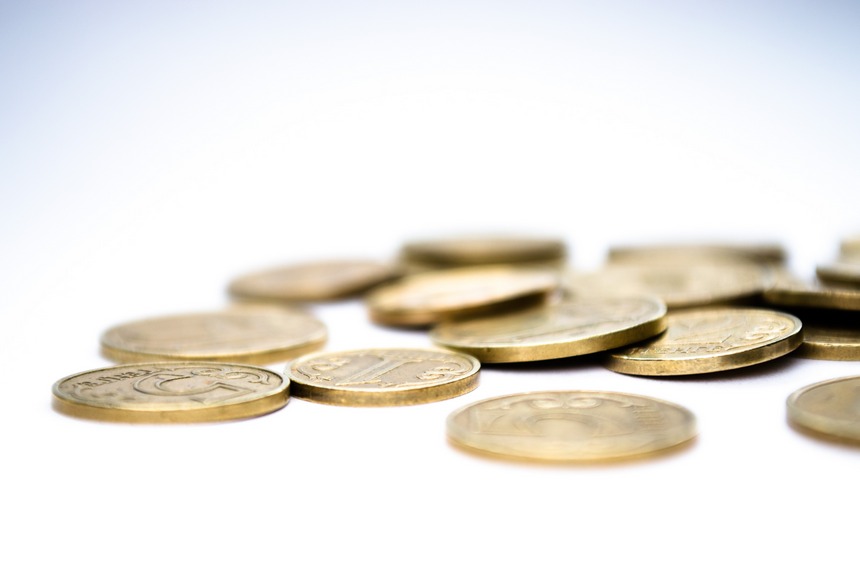
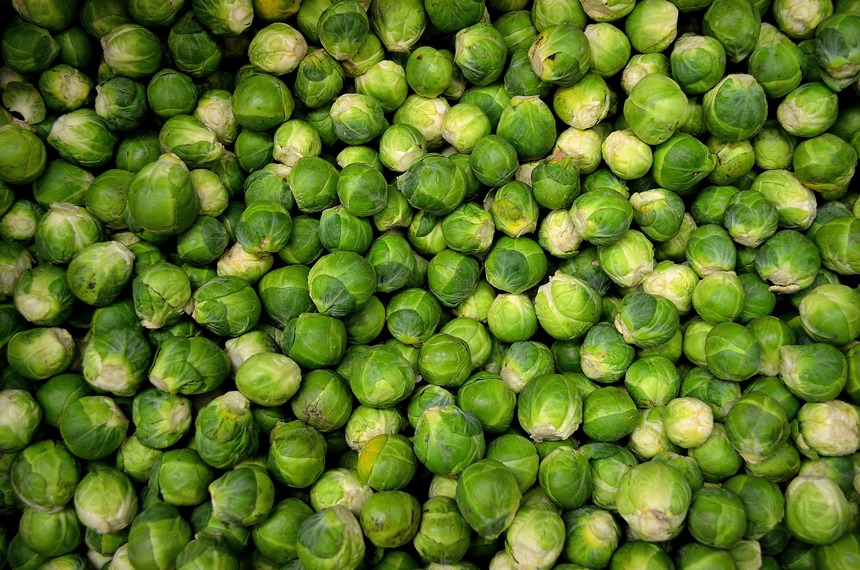
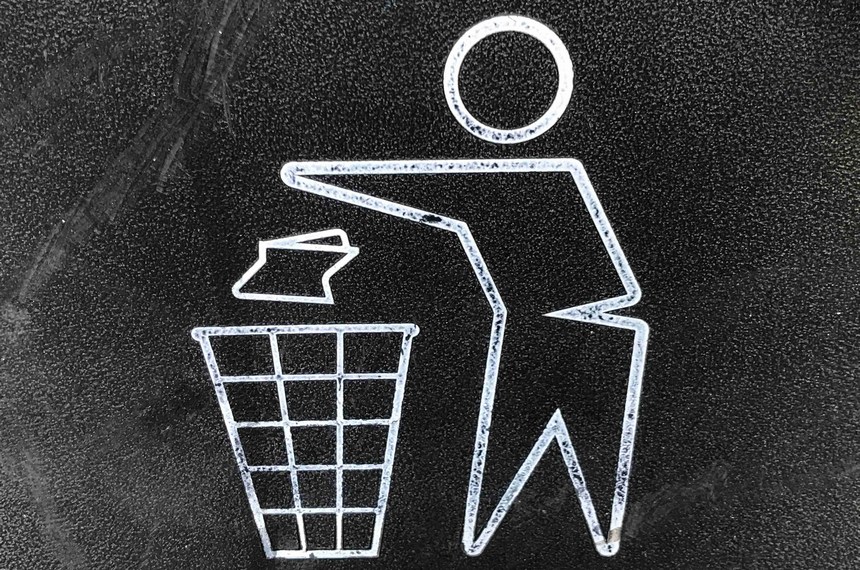
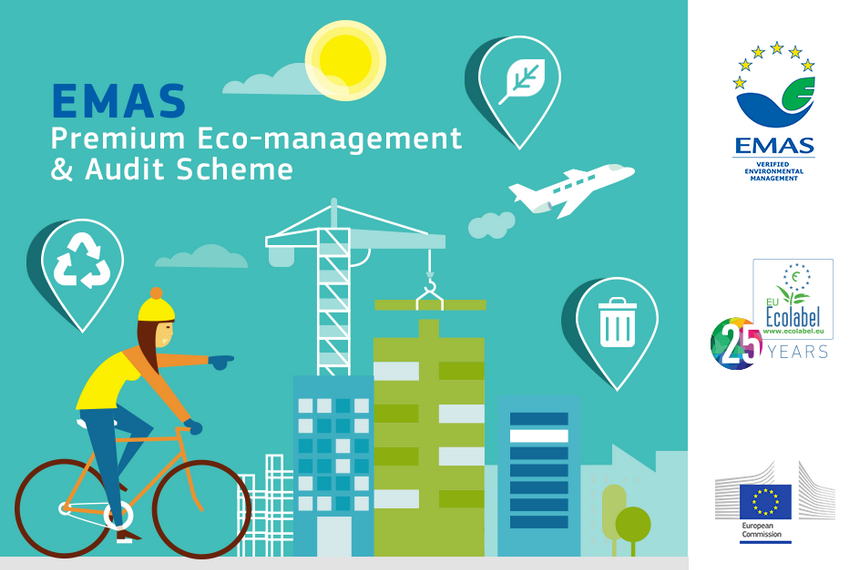




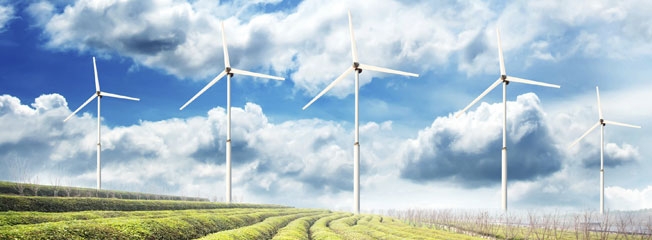


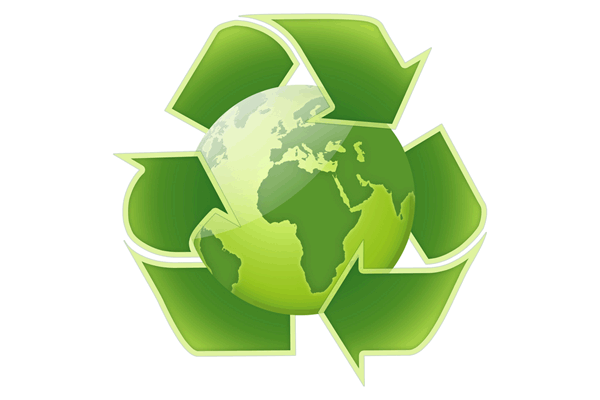
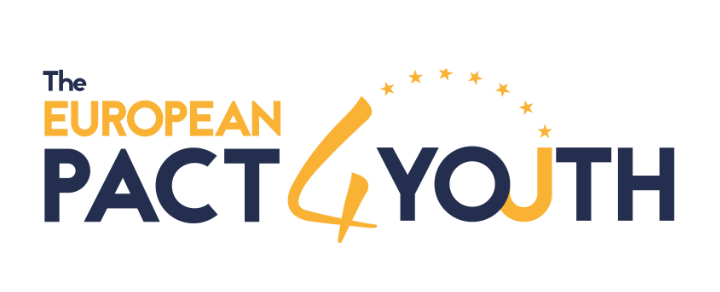
Follow us on